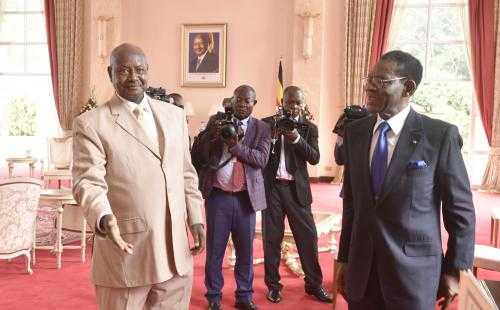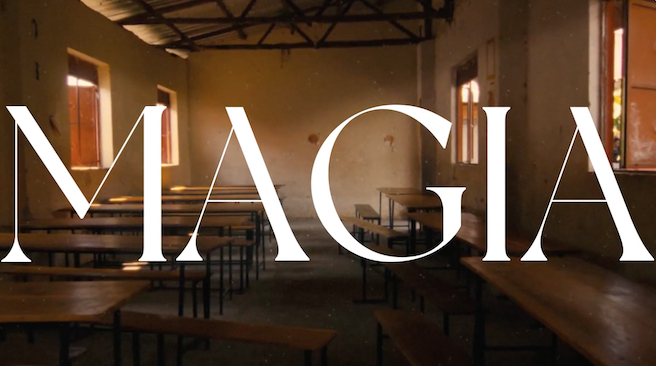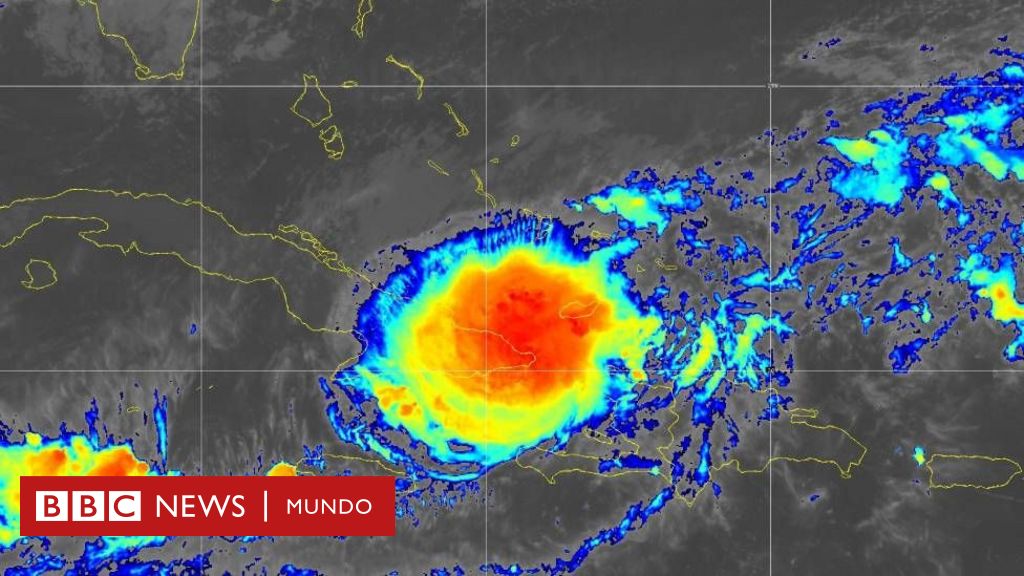China defends its economic strategy in Africa

Victor Escribano and Lucia Blanco Gracia
Nairobi/Shanghai, Jan. 6 (EFE). – China’s economic strategy in Africa received a new impetus this week with the visit of Chinese Foreign Minister Wang Yi to Kenya, who today met with the country’s president, Uhuru Kenyatta, on the second leg of her African tour that includes Eritrea and Comoros.
Wang said Thursday from the coastal tourist city of Mombasa after signing several bilateral agreements with his Kenyan counterpart Rachel Omamo.
Wang announced that Beijing plans to assign a special Chinese envoy to support “peace and prosperity” in the volatile Horn of Africa.
The minister also dismissed doubts about the Asian giant’s strategy on the continent: what critics call the “debt trap” is not real, according to Wang, but “a novel made by those who do not want to see developments in Africa.”
With the “debt trap,” critics of Chinese expansion in Africa refer to the alleged strategic use of debt to hold African countries captive to Beijing’s desires and demands.
Wang’s tour, which follows a decades-old tradition that the first foreign trip of this year’s chief of Chinese diplomacy is to Africa, reaffirms Beijing’s commitment to its economic and political relationship with the continent, which has turned the Asian giant into its number one trading partner. from Africa.
new silk road
According to data collected by Johns Hopkins University (Baltimore, USA), between 2000 and 2019 Chinese entities signed more than 1,100 loan commitments worth about $153,000 million with African governments or with publicly owned companies from countries on the continent.
Many of these loans were made under the “Belt and Road Initiative” (“BRI”), which was adopted in 2013 as the star project of Chinese President Xi Jinping’s foreign policy.
The initiative, also known as the New Silk Road, is a set of infrastructures that seeks to connect China by land and sea with Asia, Europe and Africa, although these decades on the African continent have been criticized for their opacity and risk of exposure. Incurring debts that are difficult to repay.
Of this amount, about 45.8 billion (30%) would have been allocated to transportation-related initiatives, with important projects such as the train line between Nairobi and Mombasa in Kenya, which, along with Ethiopia and Angola, is the main recipient of loans from the Asian giant.
“China has been that friend that is always there when we ask for alliances that allow us to achieve what we need. It goes hand in hand with us,” Kenyan President Uhuru Kenyatta said after meeting Wang on Monday.
The second sector to which China has allocated the most money in its loans to Africa is energy – 26% of the total – and the third is the mining sector, with Angola being the number one beneficiary in both markets.
The Asian country is also behind the financing and construction of important buildings on the continent, starting with the headquarters of the African Union (AU) itself in Addis Ababa.
New strategy
Despite this, as criticism mounted, the Asian giant cut funding: between 2017 and 2019, it provided about $30.2 billion, a sum that barely exceeds $29.5 billion in 2016 alone.
That year marked the maximum for Chinese financing in Africa, precisely due to a $10,000 million loan that Angola used to recapitalize Sonangol, the state company that controls oil and natural gas production.
Not only has Chinese investment in the continent decreased, but its strategy has changed, Kenyan researcher Cliff Mboya, who specializes in relations between Africa and China, said in an interview with Effie.
“There has been a change: from debt focused on massive infrastructures that have been linked to the Belt and Road Initiative to other, less risky forms of credit that include public-private partnerships. Now the focus is more on the private sector,” according to Mboya.
At the Eighth Ministerial Conference of the Forum on China-Africa Cooperation (FOCAC), held last November in Dakar, Beijing pledged to invest another $60 billion in the continent until 2035 in areas such as agriculture, manufacturing or infrastructure, as well as in other less traditional areas such as environmental protection. or the digital economy.
The Chinese minister’s visit, which will end on Friday in the Comoros, comes after US Secretary of State Anthony Blinken visited Kenya, Nigeria and Senegal last November to counter Chinese influence in Africa. EFE
vec-lbg / pa
(photo) (audio)
© EFE 2022. Redistribution and retransmission of all or part of the contents of the Efe Services, without the prior and express consent of Agencia EFE SA, is expressly prohibited.

“Award-winning zombie scholar. Music practitioner. Food expert. Troublemaker.”








